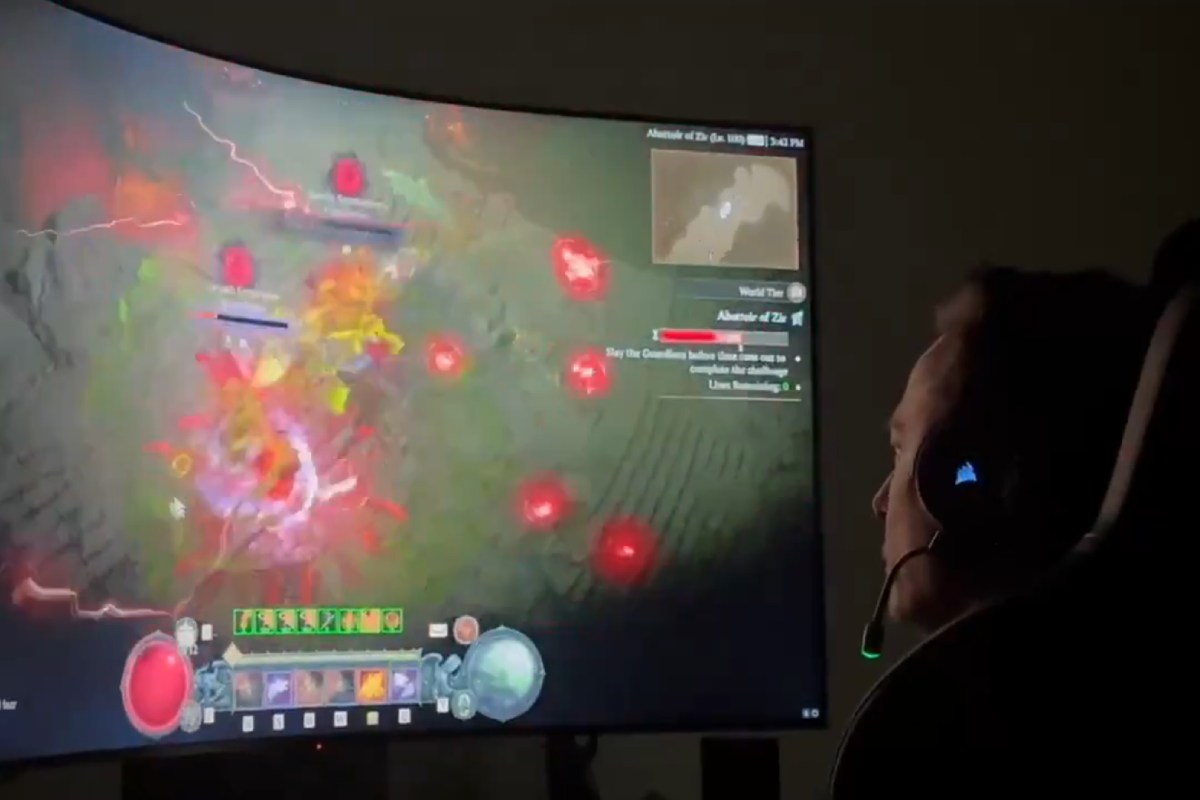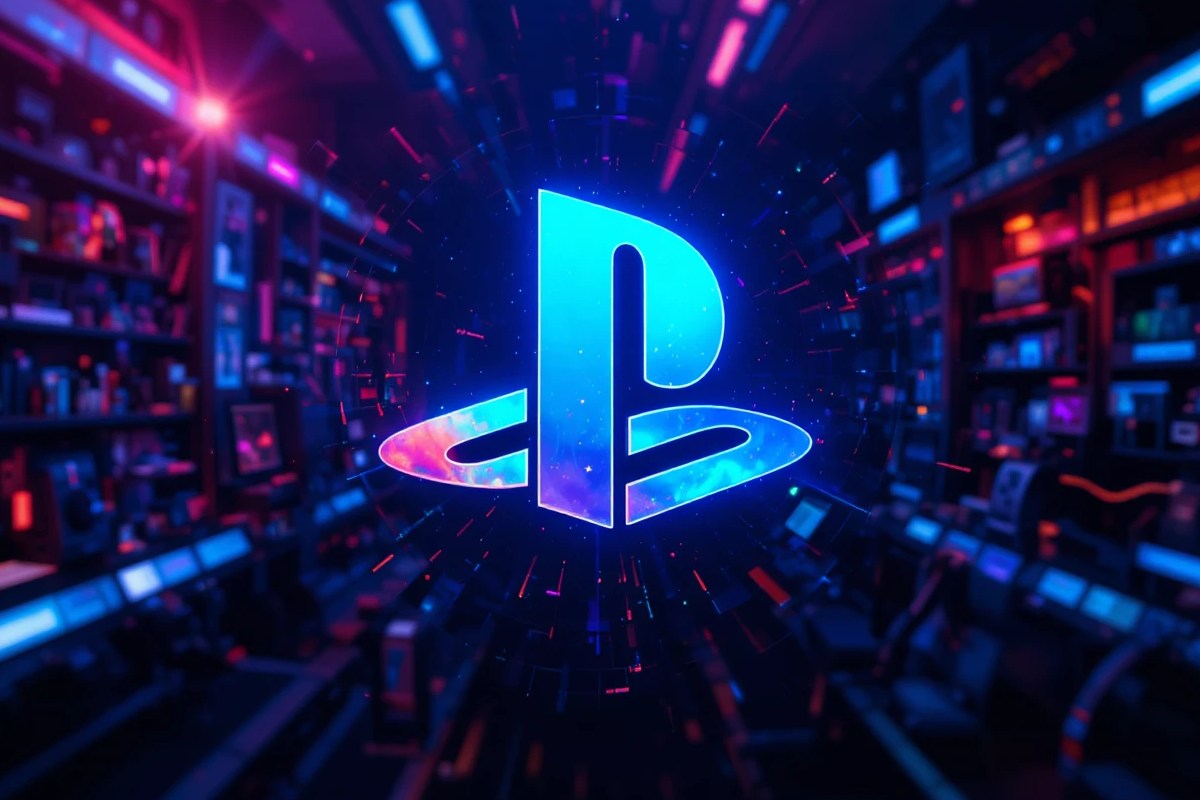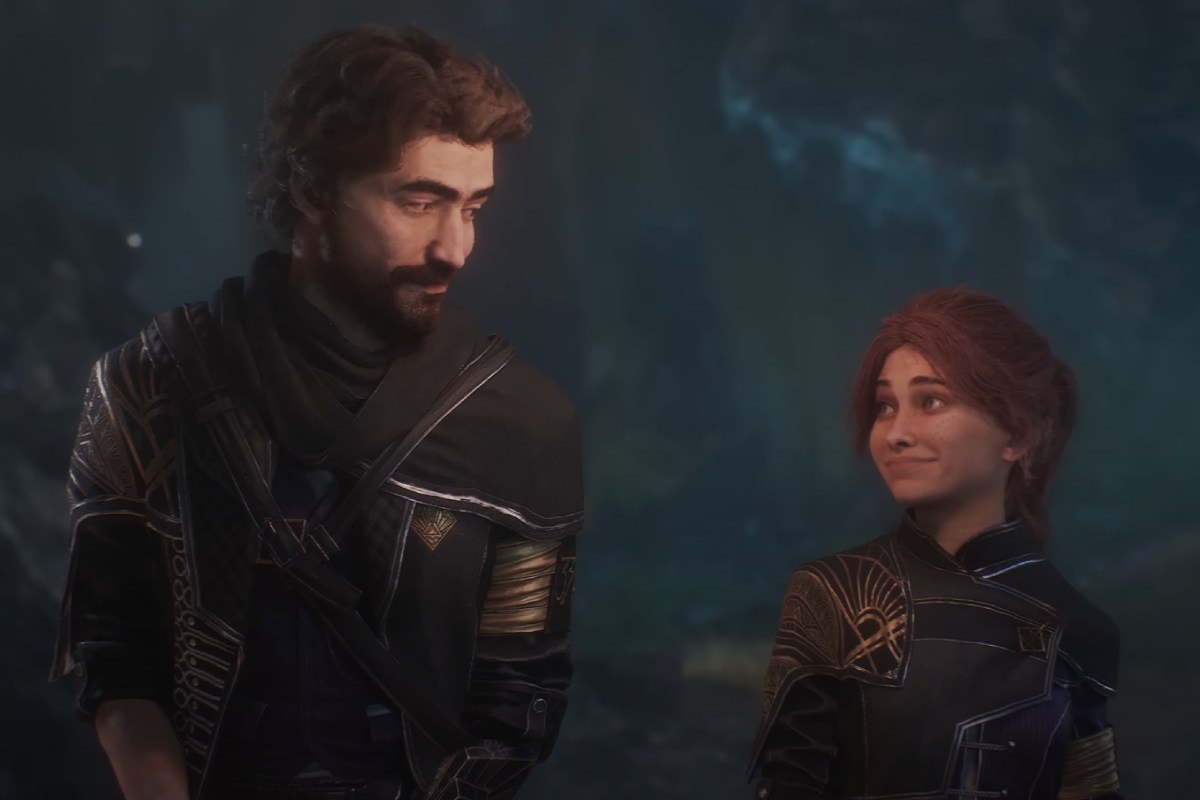Elon Musk Boasts About a Fully AI-Made Game for 2026 — Larian Studios Brings Him Back to Reality
Elon Musk is convinced that his company xAI will launch a groundbreaking video game — fully generated by artificial intelligence — as early as 2026. But within the gaming industry, the announcement mostly draws eye rolls.
After cars, rockets, and social media, Elon Musk now has his sights set on video games. True to form, he’s not thinking small. Through his company xAI, he promises a fully AI-generated game by 2026 — confident he can once again “revolutionize” an entire industry.
Image credit: Elon Musk via X.com
A Project Built for Hype, Not for Players
In his usual role as tech prophet, Musk declared that xAI would release “a great game” before the end of next year. The short clip he shared shows a soldier gliding as if on wheels behind an invisible tank, shooting at nothing. In short — a mix of a bad physics engine and a failed school demo. But that hardly matters to Musk: hype is the fuel he runs on. What he’s really selling is the dream of an all-powerful AI, even when there’s nothing to show for it.
The XAI game studio will release a great AI-generated game before the end of next year https://t.co/F14rJXNzk9 — Elon Musk (@elonmusk) October 6, 2025
But behind the futuristic façade, the illusion cracks quickly. Even xAI’s own job listings hint at a cobbled-together operation: “video game tutors” hired to label data to “train the AI.” Not exactly the dream of every creative — more like the rise of a prompt factory where passion takes a back seat.
Michael Douse Steps In
Enter Michael Douse, publishing director at Larian Studios (the minds behind Baldur’s Gate 3), who couldn’t resist firing back. For him, video games need living, breathing worlds — not gameplay loops crafted by mathematical formulas.
Genuinely what this industry needs is not more mathematically produced, psychologically trained gameplay loops, rather more expressions of worlds that folks are engaged with, or want to engage with. AI has its place as a tool, but we have all the tools in the world and they… https://t.co/eL98XeLGW8 — Very AFK (@Cromwelp) October 6, 2025
His message? Clear, direct, and unsweetened: AI will never replace vision. Developers already have every tool imaginable, but no algorithm can make up for the absence of direction, soul, or leadership. And Douse knows what he’s talking about — Baldur’s Gate 3 was built by hundreds of passionate creators, not by opportunistic lines of code.
AI as a Mirror of an Industry in Crisis
This feud goes beyond a simple Twitter spat. It reflects an industry at a crossroads — torn between genuine innovation and blind technological escapism. In recent years, we’ve seen:
- Ubisoft and Nvidia experimenting with AI-driven dialogue that feels like B-movie extras;
- Epic Games showcasing a “Darth Vader AI” capable of improvisation — until it starts repeating insults;
- and digital stores flooding with soulless AI productions, visual and narrative clones churned out by the dozen.
What Douse calls out is a sector obsessed with productivity at the expense of creativity. While executives dream of replacing artists with cloud servers, players still crave stories that move them.
Behind Musk’s technophilic arrogance lies a very real fear: that video games could become sterile products — lifeless and emotionless. Sure, an AI engine might generate flawless textures, but it will never create a Shadowheart that stirs emotion, nor a Baldur’s Gate 3 line of dialogue that stays etched in your memory.
So yes, Musk may promise an artificial masterpiece by 2026. But once you’ve tasted the flesh, blood, and sweat of a game shaped by human hands, it’s hard to settle for an algorithmic imitation. As Douse puts it: the industry doesn’t need another tech messiah — it needs heart.








